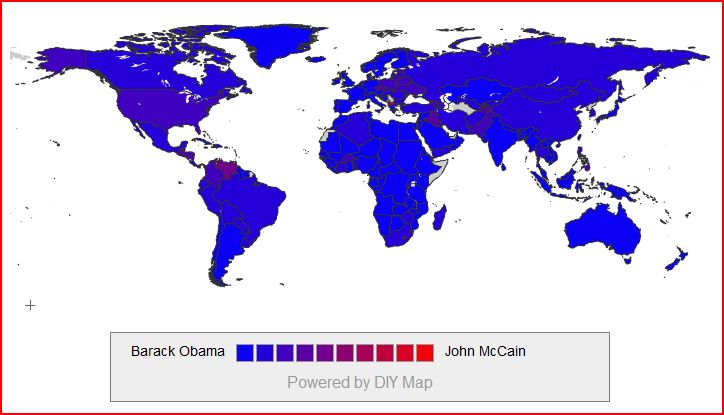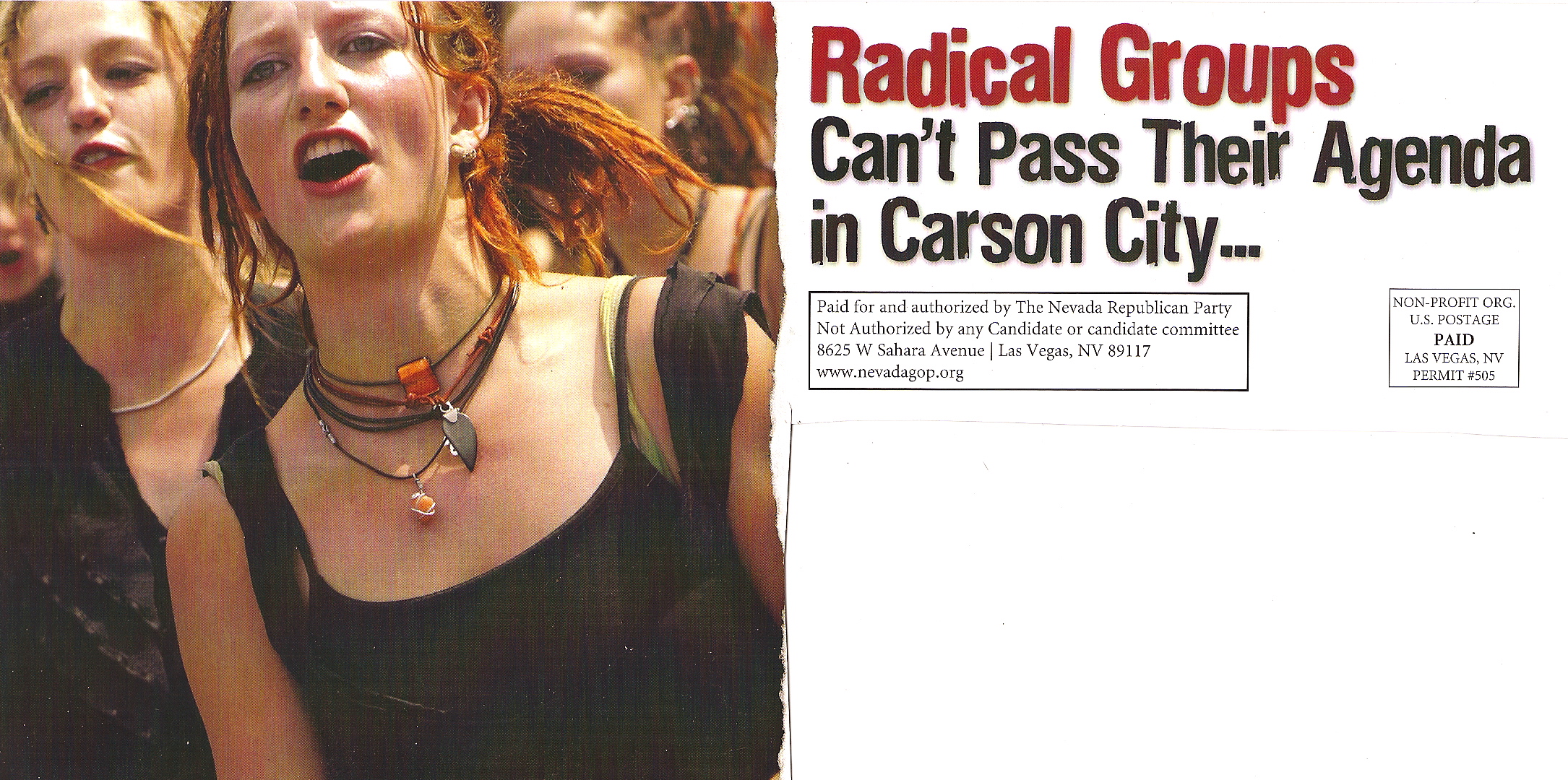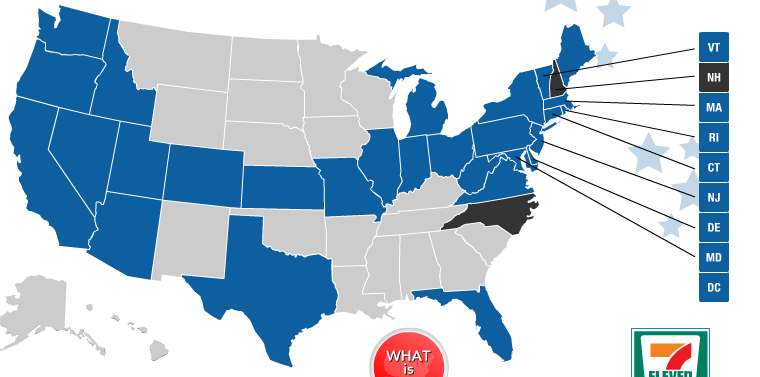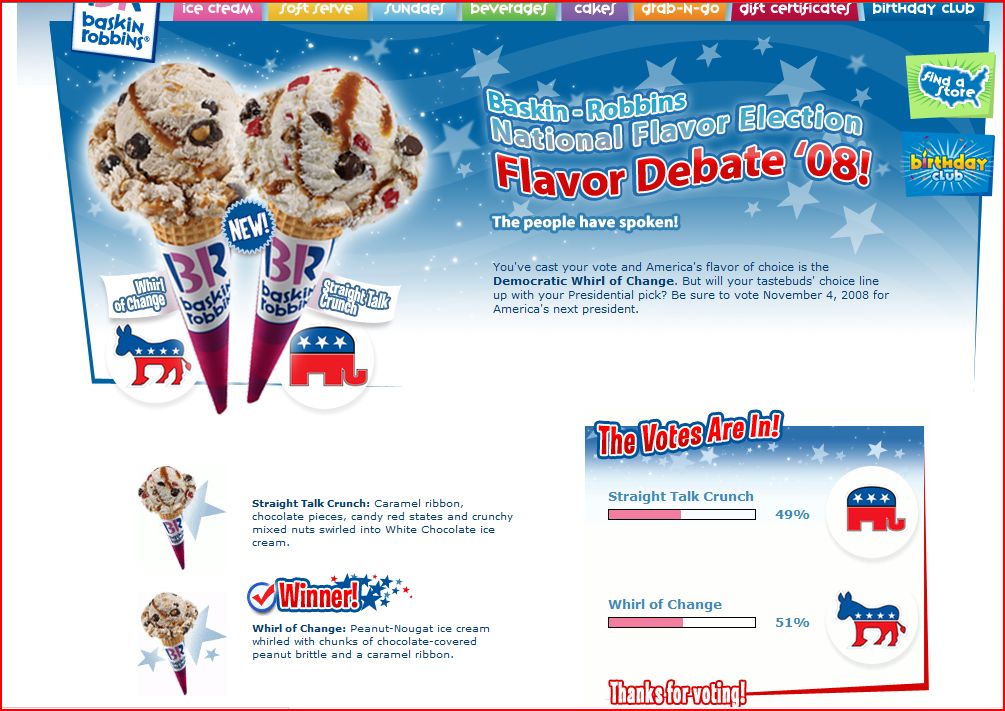Many of the polls that we have been consuming voraciously have not included people without a land line (like me). In the figure below, we can see what a difference that makes in the results. Yellow bars are polls that included cell phones and grey bars are polls that did not. Those that excluded cell phones are significantly skewed towards McCain, and falsely so insofar as people without a landline vote.
From 538 via Thick Culture.









